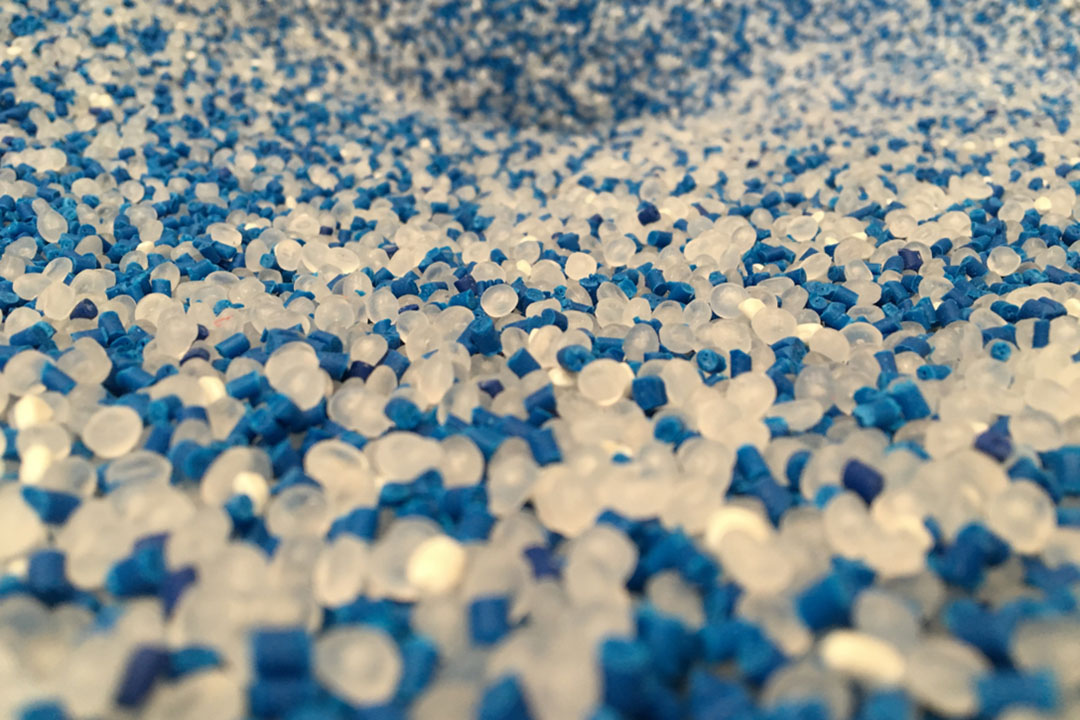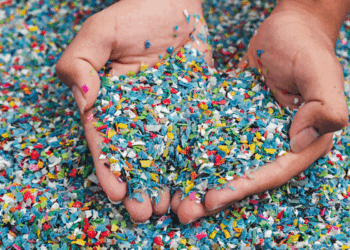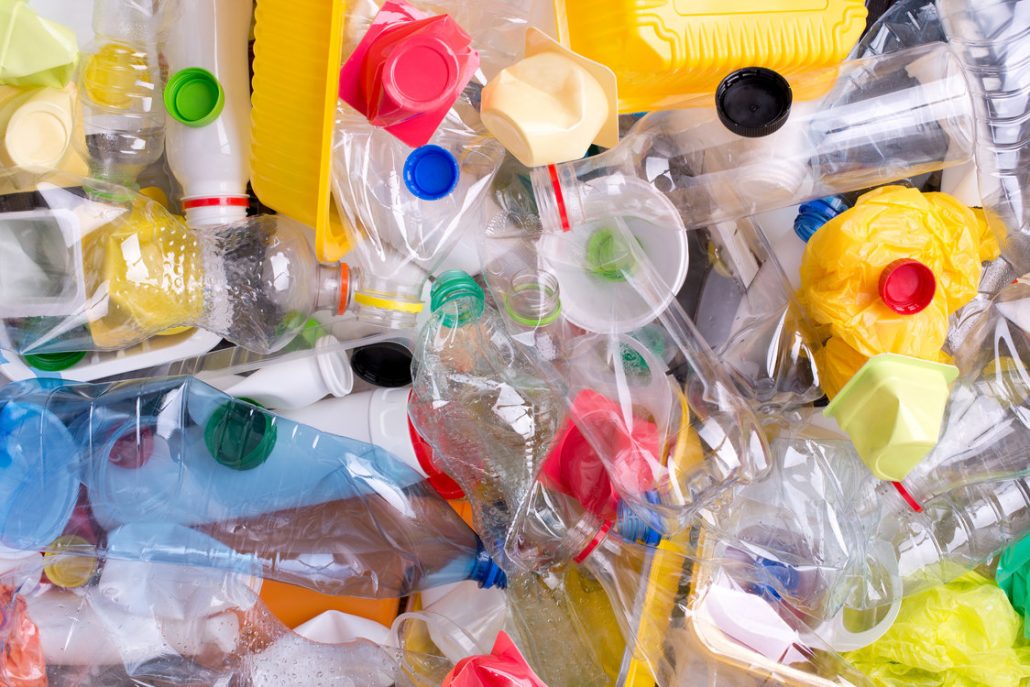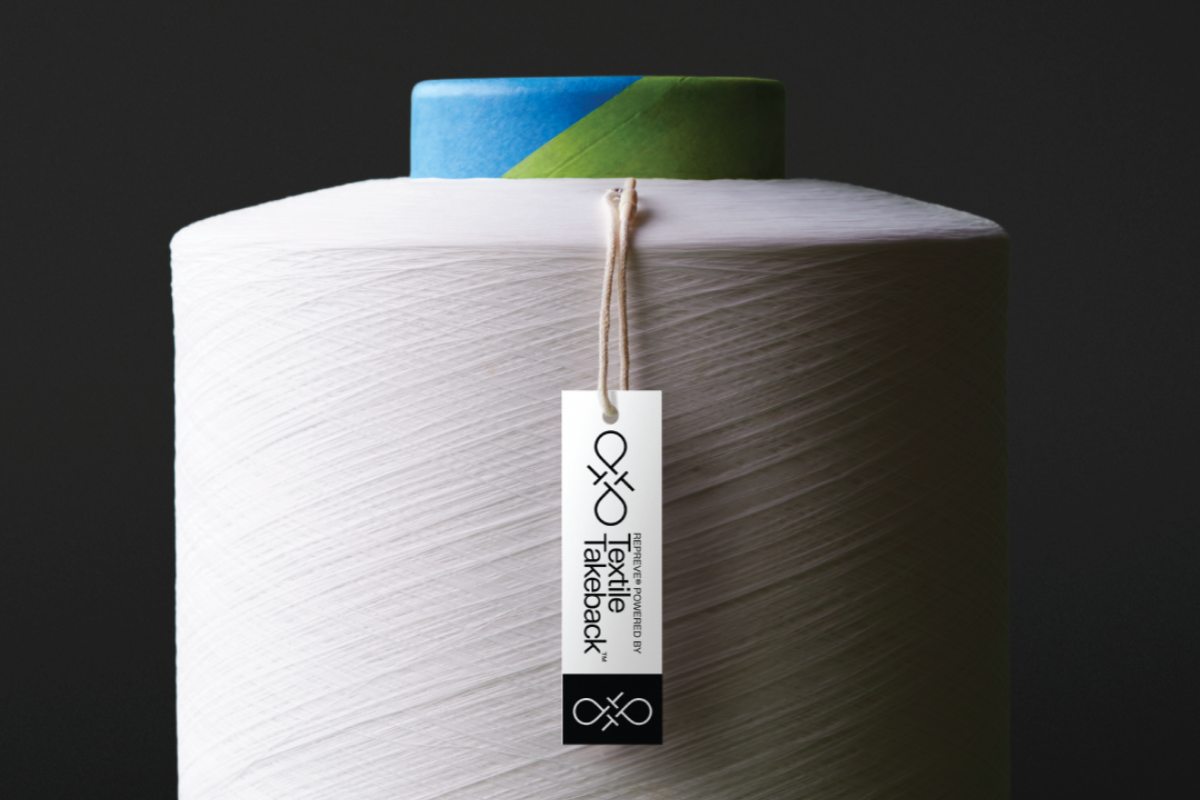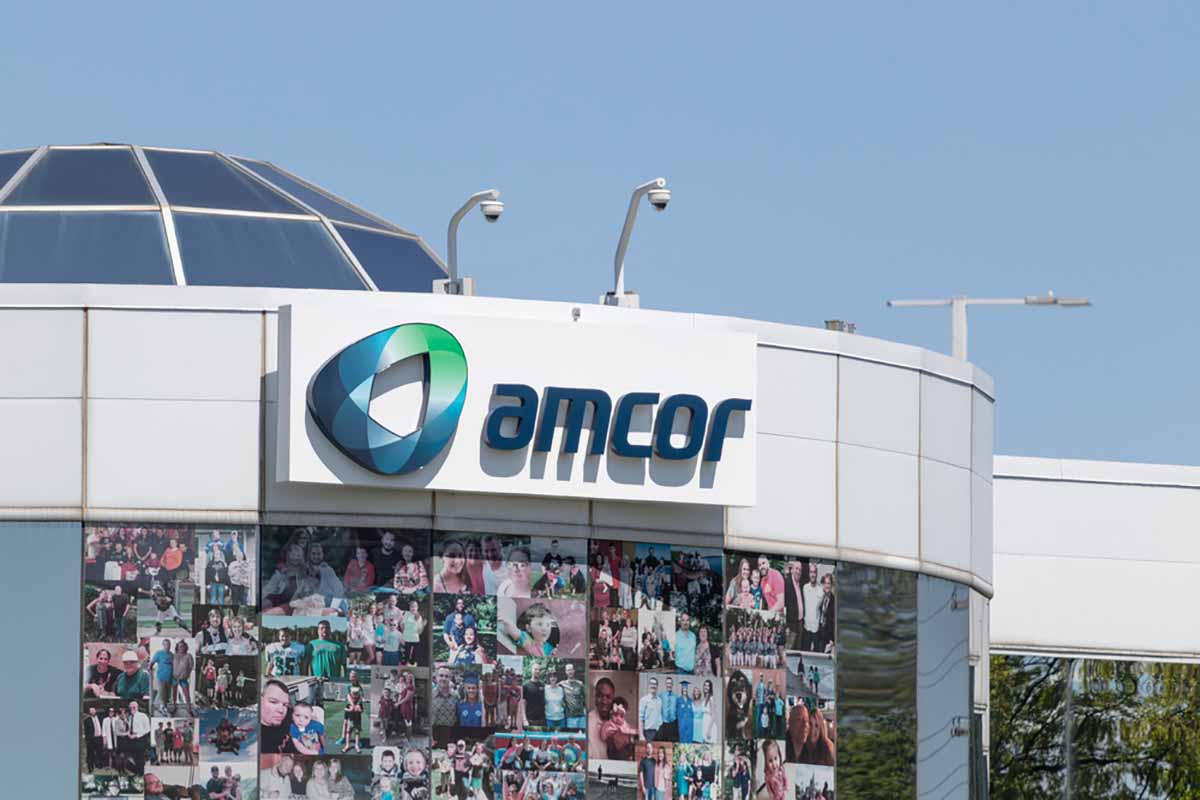Global packaging giant Amcor reported higher volumes of recycled resin purchases despite a drop in total raw material consumption, according to its 2023 sustainability report.
This increase is in contrast to the brand owners – some of whom are Amcor customers – that have announced they will not meet their 2025 recycled content targets for packaging.
In fiscal 2023, Amcor purchased about 2.915 million metric tons of raw materials globally, the report noted, lower than the 3.233 million metric tons in 2022.
However, in 2023 Amcor bought about 200,000 metric tons of recycled resin and aluminum, representing nearly 7% of total materials purchased and 8.5% of total resin purchased. In 2022 the company reported that 155,000 metric tons, or 4.8% by volume, were recycled materials.
In comparison, in 2019 Amcor’s recycled materials purchases were around 50,000 metric tons, one-quarter the 2023 volumes. The company has a goal of 30% recycled content across all products by 2030.
To help increase access to recycled materials, Amcor has established strategic upstream partnerships with various global entities.
In August 2023, Amcor and snack food company Mondelēz announced an investment in advanced recycling technology company Licella. The funding is designed to help Licella construct Advanced Recycling Victoria, one of the first chemical recycling facilities in Australia, according to a press release. The new facility will initially process about 20,000 metric tons a year of end-of-life plastic, with plans to scale up to 120,000 tons per year, and through Amcor, Mondelēz will have access to recycled content from the site for its Australian soft plastic packaging needs.
In May 2023, Amcor, Delterra, Mars and Procter & Gamble announced a partnership to combat plastic pollution in the Global South, starting in Indonesia, Argentina and Brazil. The four partners will commit a combined $6 million over five years to help provide easy access to waste management and recycling systems for 10 million people.
And in late 2022, Amcor announced a five-year deal with ExxonMobil to purchase chemically recycled PE and PP, with volumes increasing each year to an expected 100,000 metric tons at the end of the five years.
In the 2023 report, Amcor also noted its efforts on the demand side for recycled materials.
“One important way for Amcor to support a circular economy for packaging is by building demand for recycled content, which signals to recycling infrastructure providers that there will be a market for their materials,” the report said, adding that much of Amcor’s progress in implementation was in its rigid packaging segment.
For example, Amcor partnered with a U.S. winery on a 100% recycled PET wine bottle and in early 2024 announced it was supporting confectioner Cadbury’s transition to 30% food-grade recycled content packaging. Amcor also has introduced DairySeal PET bottles, which can contain up to 80% recycled material, and a one-liter carbonated soft drink bottle made from 100% PCR.
The company’s flexible packaging business also launched several products containing mechanically recycled PCR in 2023, including a wicketed bag containing 50% PCR for menstrual care products in Europe, the Middle East and Africa, and a powder detergent package in Latin America containing 30% PCR. The Amcor Flexibles Latin America team worked with a customer to bring two new solutions containing mechanically recycled PCR to market – a powder detergent package containing 30% mechanically recycled PCR and an overwrap containing 13% PCR.
The company cited advancements in chemical recycling technology “and the broader adoption and scaling of these technologies by major resin suppliers” for its continued progress toward reducing virgin materials consumption.
“The use of mechanically recycled content in flexible packaging has historically been limited to specific applications such as overwraps and non-food contact packaging in many countries,” the report said. “However, the emergence of advanced recycling technologies have addressed such challenges and enable the use of chemically recycled content across a broader range of flexible packaging applications.”
Nevertheless, Amcor acknowledged that more work remained to be done throughout the packaging value chain.
“As we work internally to meet our recyclability, recycled content and GHG emission reduction goals, we must also work with others to develop effective waste collection and recycling systems in all the markets in which our packaging is sold. We must also educate our stakeholders so they can make responsible, fact-based decisions about our packaging,” the report stated.





